Favorite Literature
Explore a curated list of favorite literature books that captivate and inspire. Discover timeless classics and modern masterpieces for every book lover's collection.

Book
The Odyssey
by Homer
The great epic of Western literature, translated by the acclaimed classicist Robert Fagles A Penguin Classic Robert Fagles, winner of the PEN/Ralph Manheim Medal for Translation and a 1996 Academy Award in Literature from the American Academy of Arts and Letters, presents us with Homer's best-loved and most accessible poem in a stunning modern-verse translation. "Sing to me of the man, Muse, the man of twists and turns driven time and again off course, once he had plundered the hallowed heights of Troy." So begins Robert Fagles' magnificent translation of the Odyssey, which Jasper Griffin in the New York Times Book Review hails as "a distinguished achievement." If the Iliad is the world's greatest war epic, the Odyssey is literature's grandest evocation of an everyman's journey through life. Odysseus' reliance on his wit and wiliness for survival in his encounters with divine and natural forces during his ten-year voyage home to Ithaca after the Trojan War is at once a timeless human story and an individual test of moral endurance. In the myths and legends retold here, Fagles has captured the energy and poetry of Homer's original in a bold, contemporary idiom, and given us an Odyssey to read aloud, to savor, and to treasure for its sheer lyrical mastery. Renowned classicist Bernard Knox's superb introduction and textual commentary provide insightful background information for the general reader and scholar alike, intensifying the strength of Fagles's translation. This is an Odyssey to delight both the classicist and the general reader, to captivate a new generation of Homer's students. This Penguin Classics Deluxe Edition features French flaps and deckle-edged paper. For more than seventy years, Penguin has been the leading publisher of classic literature in the English-speaking world. With more than 1,700 titles, Penguin Classics represents a global bookshelf of the best works throughout history and across genres and disciplines. Readers trust the series to provide authoritative texts enhanced by introductions and notes by distinguished scholars and contemporary authors, as well as up-to-date translations by award-winning translators.
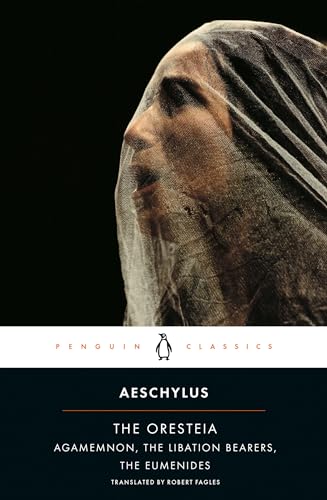

Book
Beowulf
by Seamus Heaney
Presents a new translation of the Anglo-Saxon epic chronicling the heroic adventures of Beowulf, the Scandinavian warrior who saves his people from the ravages of the monster Grendel and Grendel's mother.
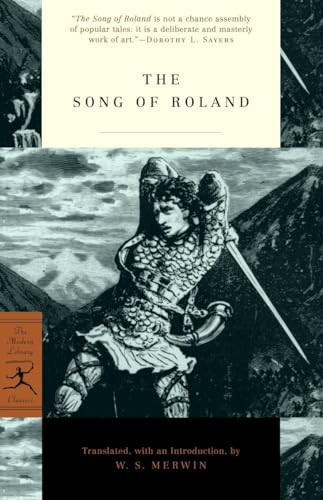
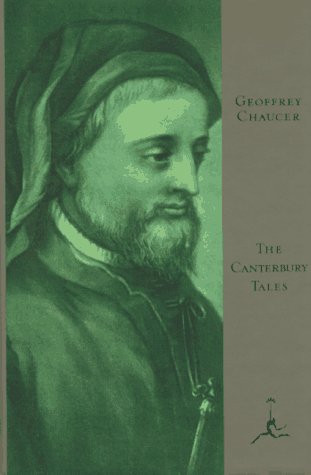

Book
Inferno
by Dante Alighieri
The first of the 3 canticles in "La divina commedia "(The Divine Comedy), this 14th-century allegorical poem begins Dante's imaginary journey from Hell to Purgatory to Paradise with his sojourn among the damned. There he encounters historical and mythological creatures -- each symbolic of a particular vice or crime. Translated beautifully by Henry Wadsworth Longfellow.

Book
The Complete Essays
by Michel de Montaigne
In 1572 Montaigne retired to his estates in order to devote himself to leisure, reading and reflection. There he wrote his constantly expanding 'essays', inspired by the ideas he found in books from his library and his own experience. He discusses subjects as diverse as war-horses and cannibals, poetry and politics, sex and religion, love and friendship, ecstasy and experience. Above all, Montaigne studied himself to find his own inner nature and that of humanity. The Essays are among the most idiosyncratic and personal works in all literature. An insight into a wise Renaissance mind, they continue to engage, enlighten and entertain modern readers.

Book
The Complete Works of Shakespeare
by William Shakespeare
David Bevington, the current president of the Shakespeare Association of America, is widely recognised for his contributions to the field of Shakespearean scholarship. Here he presents an annotated volume of all Shakespeare's works.

Book
Candide
by Francois Voltaire
"All is for the best in the best of all possible worlds" It was the indifferent shrug and callous inertia that this "optimism" concealed which so angered Voltaire, who found the "all for the best" approach a patently inadequate response to suffering, to natural disasters, not to mention the questions of illness and man-made war. Moreover, as the rebel whose satiric genius had earned him not only international acclaim, but two stays in the Bastille, flogging, and exile, Voltaire knew personally what suffering entailed. In Candide he whisks his young hero and friends through a ludicrous variety of tortures, tragedies, and a reversal of fortune, in the company of Pangloss, a "metaphysico-theologo-comolo-nigologist" of unflinching optimism. The result is one of the glories of eighteenth-century satire. For more than sixty-five years, Penguin has been the leading publisher of classic literature in the English-speaking world. With more than 1,500 titles, Penguin Classics represents a global bookshelf of the best works throughout history and across genres and disciplines. Readers trust the series to provide authoritative texts enhanced by introductions and notes by distinguished scholars and contemporary authors, as well as up-to-date translations by award-winning translators.
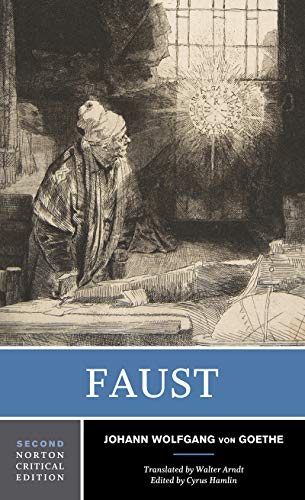

Book
Walden and Other Writings
by Henry David Thoreau
Introduction by Ralph Waldo Emerson Commentary by Van Wyck Brooks and E. B. White Naturalist, philosopher, champion of self-reliance and moral independence, Henry David Thoreau remains not only one of our most influential writers but also one of our most contemporary. This unique and comprehensive edition gathers all of Thoreau’s most significant works, including his masterpiece, Walden (reproduced in its entirety); A Week on the Concord and Merrimack Rivers; selections from Cape Cod and The Maine Woods; as well as “Walking,” “Civil Disobedience,” “Slavery in Massachusetts,” “A Plea for Captain John Brown,” and “Life Without Principle.” Taken together, they reveal the astounding range, subtlety, artistry, and depth of thought of this true American original. Includes a Modern Library Reading Group Guide
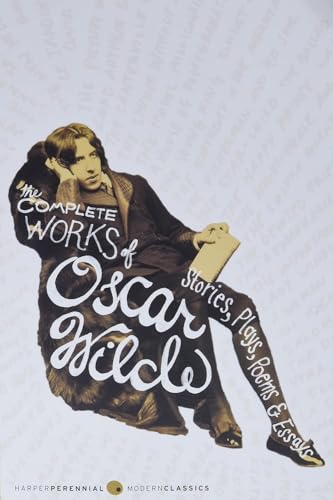
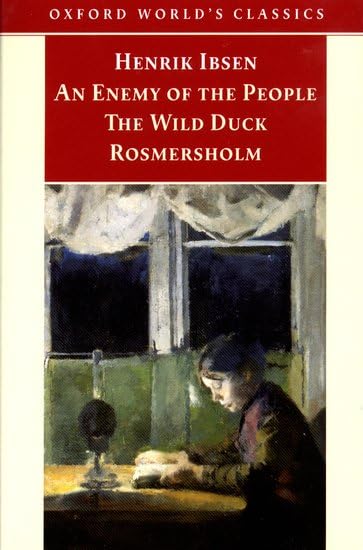


Book
Heart of Darkness
by Joseph Conrad
Marlow sails down the Congo in search of Kurtz, a company agent who has, according to rumors, become insane in the jungle isolation.
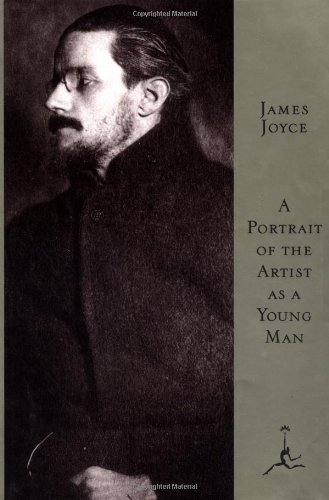
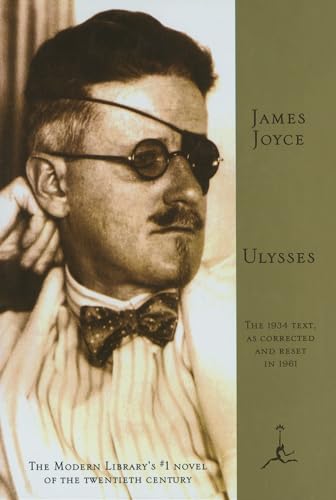

Book
As I Lay Dying
by William Faulkner
A true 20th-century classic from the Nobel Prize-winning author of The Sound and the Fury: the famed harrowing account of the Bundren family’s odyssey across the Mississippi countryside to bury Addie, their wife and mother. As I Lay Dying is one of the most influential novels in American fiction in structure, style, and drama. Narrated in turn by each of the family members, including Addie herself as well as others, the novel ranges in mood from dark comedy to the deepest pathos. “I set out deliberately to write a tour-de-force. Before I ever put pen to paper and set down the first word I knew what the last word would be and almost where the last period would fall.” —William Faulkner on As I Lay Dying This edition reproduces the corrected text of As I Lay Dying as established in 1985 by Noel Polk.
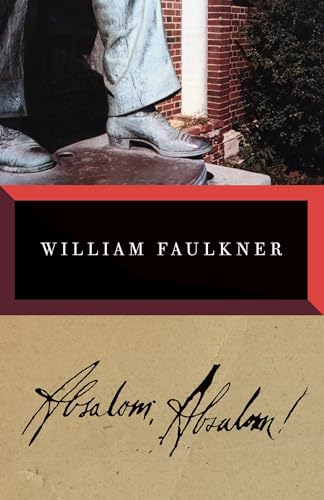
Book
Absalom, Absalom!
by William Faulkner
NOBEL PRIZE WINNER • Family drama and the legacy of slavery haunt this epic tale of an enigmatic stranger in Jefferson, Mississippi—from one of the most acclaimed writers of the twentieth century. “Read, read, read. Read everything—trash, classics, good and bad, and see how they do it. Just like a carpenter who works as an apprentice and studies the master. Read! You’ll absorb it. Then write. If it is good, you’ll find out. If it’s not, throw it out the window.” —William Faulkner Absalom, Absalom! is Faulkner’s epic tale of Thomas Sutpen, a man who comes to the South in the early 1830s to wrest his mansion out of the muddy bottoms of the north Mississippi wilderness. He was a man, Faulkner said, “who wanted sons and the sons destroyed him.”

Book
The Sound and the Fury
by William Faulkner
NOBEL PRIZE WINNER • One of the greatest novels of the twentieth century is the story of a family of Southern aristocrats on the brink of personal and financial ruin. • The definitive corrected text, including Faulkner's Appendix One of The Atlantic’s Great American Novels of the Past 100 Years The Sound and the Fury is the tragedy of the Compson family, featuring some of the most memorable characters in literature: beautiful, rebellious Caddy; the manchild Benjy; haunted, neurotic Quentin; Jason, the brutal cynic; and Dilsey, their black servant. Their lives fragmented and harrowed by history and legacy, the character’s voices and actions mesh to create what is arguably Faulkner’s masterpiece and one of the greatest novels of the twentieth century. “I give you the mausoleum of all hope and desire.... I give it to you not that you may remember time, but that you might forget it now and then for a moment and not spend all of your breath trying to conquer it. Because no battle is ever won he said. They are not even fought. The field only reveals to man his own folly and despair, and victory is an illusion of philosophers and fools.” —from The Sound and the Fury
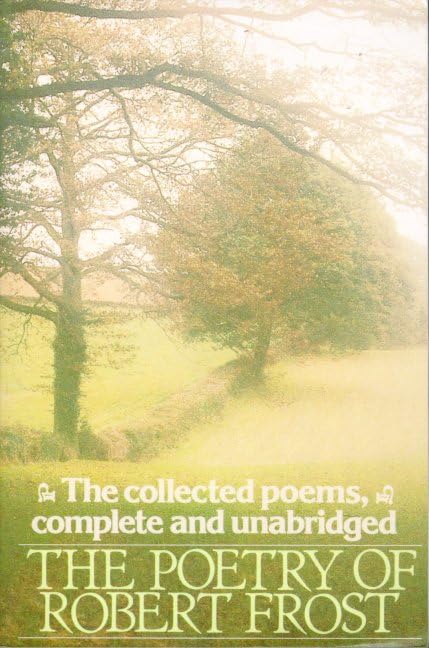

Book
The Myth of Sisyphus, and Other Essays
by Albert Camus
One of the most influential works of this century, The Myth of Sisyphus and Other Essays is a crucial exposition of existentialist thought. Influenced by works such as Don Juan and the novels of Kafka, these essays begin with a meditation on suicide; the question of living or not living in a universe devoid of order or meaning. With lyric eloquence, Albert Camus brilliantly posits a way out of despair, reaffirming the value of personal existence, and the possibility of life lived with dignity and authenticity.

Book
The Stranger
by Albert Camus
With the intrigue of a psychological thriller, The Stranger—Camus's masterpiece—gives us the story of an ordinary man unwittingly drawn into a senseless murder on an Algerian beach. With an Introduction by Peter Dunwoodie; translated by Matthew Ward. Behind the subterfuge, Camus explores what he termed "the nakedness of man faced with the absurd" and describes the condition of reckless alienation and spiritual exhaustion that characterized so much of twentieth-century life. “The Stranger is a strikingly modern text and Matthew Ward’s translation will enable readers to appreciate why Camus’s stoical anti-hero and devious narrator remains one of the key expressions of a postwar Western malaise, and one of the cleverest exponents of a literature of ambiguity.” –from the Introduction by Peter Dunwoodie First published in 1946; now in translation by Matthew Ward.

Book
The Plague
by Albert Camus
“Its relevance lashes you across the face.” —Stephen Metcalf, The Los Angeles Times • “A redemptive book, one that wills the reader to believe, even in a time of despair.” —Roger Lowenstein, The Washington Post A haunting tale of human resilience and hope in the face of unrelieved horror, Albert Camus' iconic novel about an epidemic ravaging the people of a North African coastal town is a classic of twentieth-century literature. The townspeople of Oran are in the grip of a deadly plague, which condemns its victims to a swift and horrifying death. Fear, isolation and claustrophobia follow as they are forced into quarantine. Each person responds in their own way to the lethal disease: some resign themselves to fate, some seek blame, and a few, like Dr. Rieux, resist the terror. An immediate triumph when it was published in 1947, The Plague is in part an allegory of France's suffering under the Nazi occupation, and a timeless story of bravery and determination against the precariousness of human existence.

Book
Molloy, Malone Dies, The Unnamable
by Samuel Beckett
The first novel of Samuel Beckett's mordant and exhilarating midcentury trilogy introduces us to Molloy, who has been mysteriously incarcerated, and who subsequently escapes to go discover the whereabouts of his mother. In the latter part of this curious masterwork, a certain Jacques Moran is deputized by anonymous authorities to search for the aforementioned Molloy. In the trilogy's second novel, Malone, who might or might not be Molloy himself, addresses us with his ruminations while in the act of dying. The third novel consists of the fragmented monologue–delivered, like the monologues of the previous novels, in a mournful rhetoric that possesses the utmost splendor and beauty–of what might or might not be an armless and legless creature living in an urn outside an eating house. Taken together, these three novels represent the high-water mark of the literary movement we call Modernism. Within their linguistic terrain, where stories are taken up, broken off, and taken up again, where voices rise and crumble and are resurrected, we can discern the essential lineaments of our modern condition, and encounter an awesome vision, tragic yet always compelling and always mysteriously invigorating, of consciousness trapped and struggling inside the boundaries of nature.